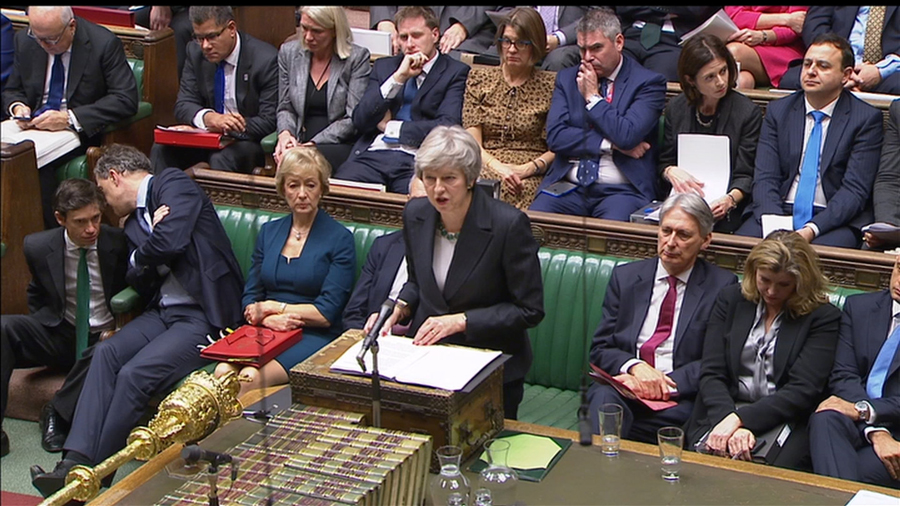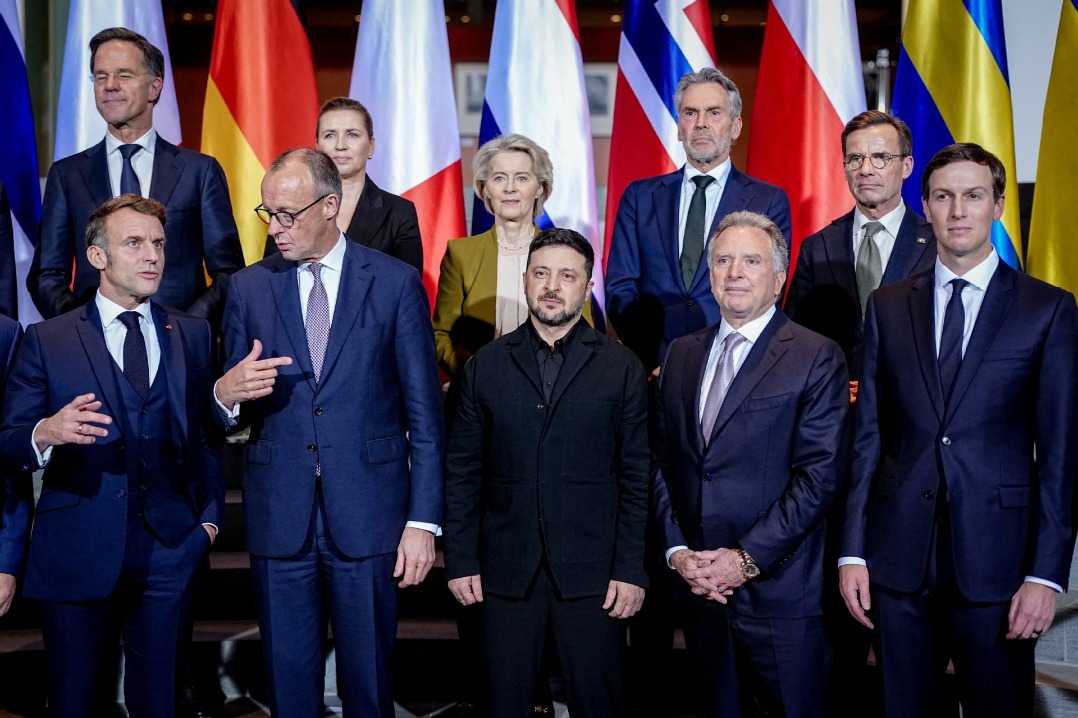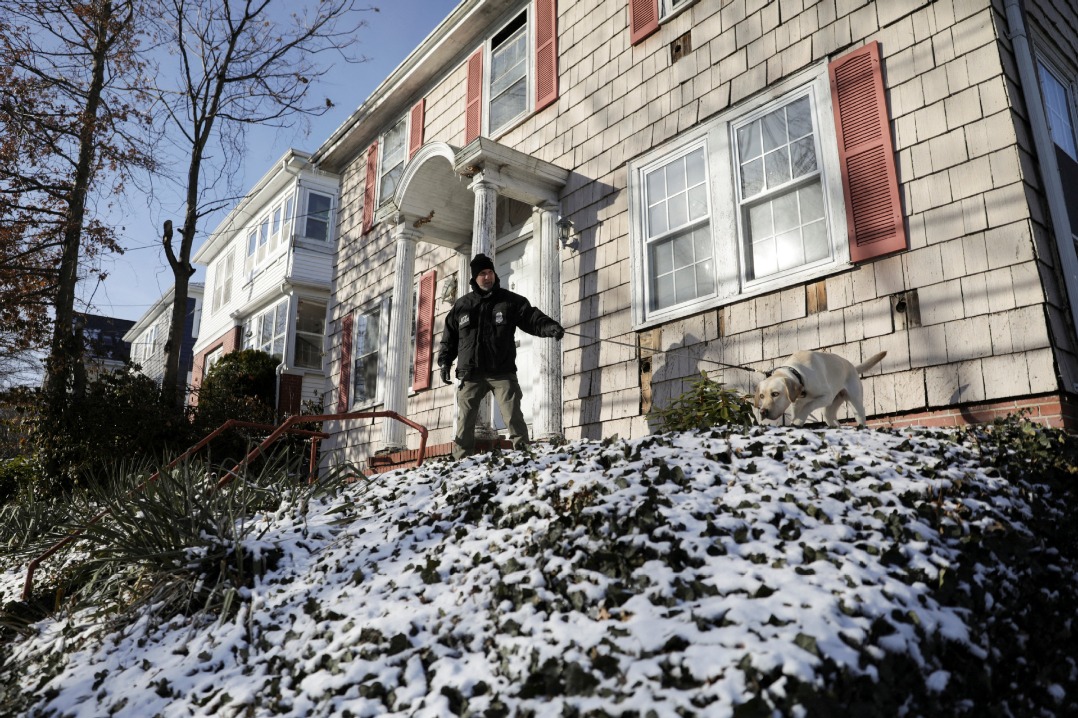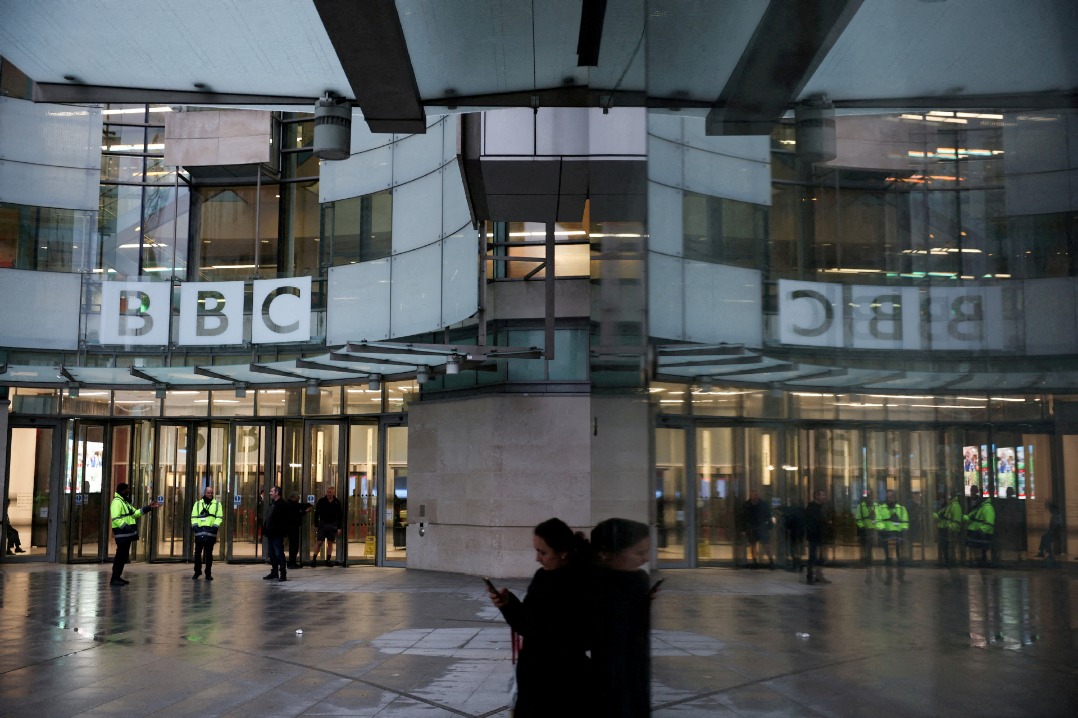UK's May battles to save her Brexit deal and her job


He was confident the country would vote to remain, but voters opted by 52-48 percent to quit the EU, a result that left both the Conservatives and the country more divided than ever. Cameron's successor, May, has been struggling ever since to deliver a Brexit that satisfies leavers, reconciles remainers and doesn't rock the economy - a near-impossible balancing act.
Thursday's political mayhem prompted a big fall in the value of the pound, which was trading 1.5 percent lower at $1.2797 as investors fretted that Britain could crash out of the EU in March without a deal. That could see tariffs on British exports, border checks and restrictions on travelers and workers — a potentially toxic combination for businesses.
Business groups have warned that if there is no deal by next month companies will have to enact contingency plans that could include cutting jobs, stockpiling goods, and relocating production overseas.
May and her supporters say the alternatives to her deal - leaving the trading bloc without a deal or a second vote on Brexit - are not realistic options.
"The choice is clear," May told lawmakers during a bruising three-hour question and answer session. "We can choose to leave with no deal. We can risk no Brexit at all. Or we can choose to unite and support the best deal that can be negotiated - this deal." News that a deal had been struck after a year and a half of negotiations was welcomed in Brussels, and EU chief Donald Tusk called for a summit of leaders on Nov 25 so they can rubber-stamp the agreement.
Tusk said it was "not for me to comment on the latest developments in London." "All I can say is that the EU is prepared for a final deal with the UK in November," he said. "We are also prepared for a no deal scenario but of course we are best prepared for a no-Brexit scenario."
The deal requires the consent of the European Parliament, whose chief Brexit official, Guy Verhofstadt, welcomed it as "the best agreement we could obtain." It also needs approval from Britain's Parliament before the UK leaves the bloc on March 29 - and even if May survives as leader, the chances of that look slim.
Her Conservative government doesn't have a parliamentary majority, and relies on the support of the Democratic Unionist Party from Northern Ireland.
But the DUP has rejected the deal, saying its provisions to avoid a hard border between Northern Ireland and EU member Ireland would impose new barriers between Northern Ireland and the rest of the UK, weakening the bonds that hold the United Kingdom together.
Opposition parties also signaled they would vote against the agreement.
Main opposition Labour Party leader Jeremy Corbyn said May should withdraw the "half-baked" Brexit deal and that Parliament "cannot and will not accept a false choice between this deal and no deal." Ian Blackford, who heads the Scottish National Party in Parliament, said the deal was "dead on arrival" and urged May to "stop the clock and go back to Brussels." An EU official warned that Britain was unlikely to get a better deal. Speaking on condition of anonymity because the process is still ongoing, the official said both sides "exhausted our margin of maneuver under our respective mandates."
AP






























